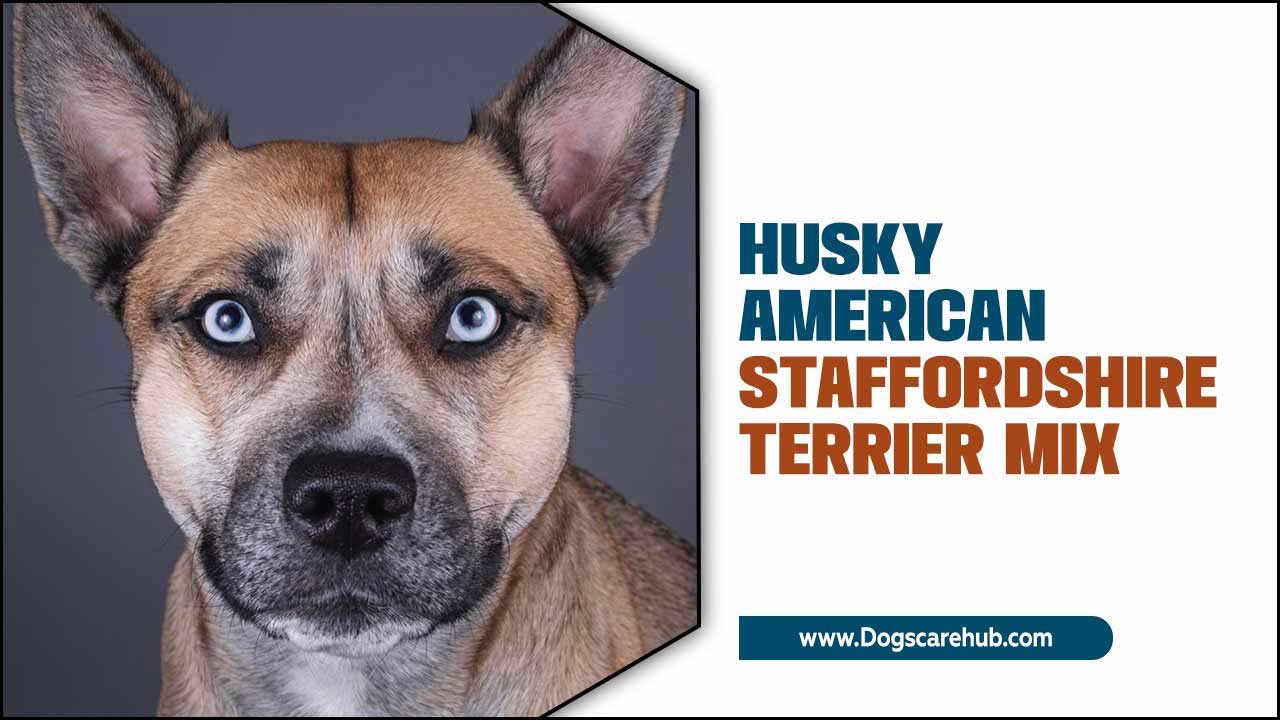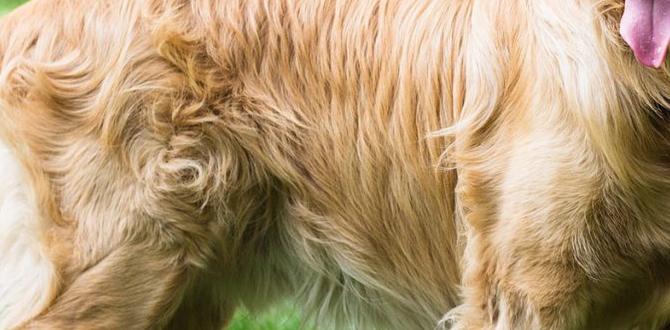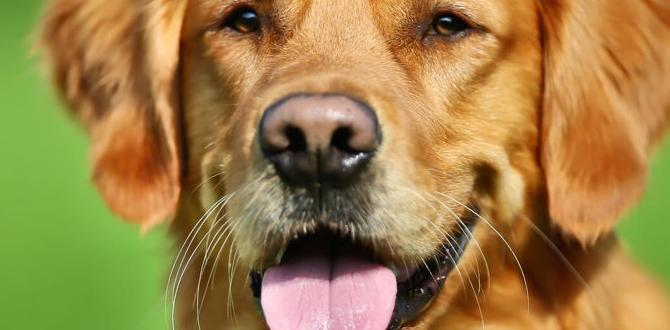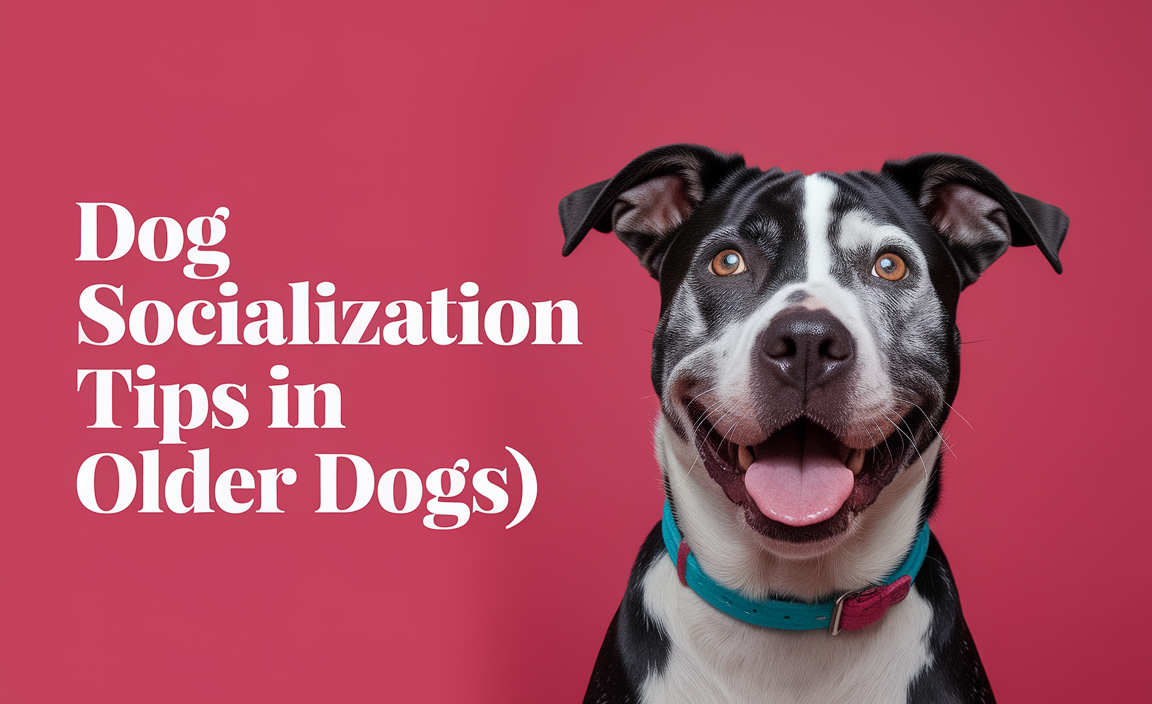High-calorie best dog food for small breeds isn’t just a niche product; for many tiny canines, it’s a dietary necessity. While their pint-sized stature might suggest smaller appetites, the reality for small breed dogs – especially puppies, seniors, and those with medical conditions – is often a higher metabolic rate and specific nutritional needs that require a more energy-dense diet. Choosing the right food can be the key to maintaining optimal health, energy levels, and longevity for your diminutive companion.
Understanding the Unique Needs of Small Breed Dogs
Small breed dogs, generally those weighing under 22 pounds, possess distinct physiological characteristics that influence their dietary requirements. Their faster metabolisms mean they burn calories more rapidly than their larger counterparts. This is particularly true for puppies, who are undergoing rapid growth and development, and senior dogs, whose bodies may struggle to absorb nutrients as efficiently or who might experience a decline in appetite.
Furthermore, small breed dogs can be more prone to certain health issues that can be exacerbated or mitigated by diet. Dental problems are quite common due to their smaller jaw size and crowded teeth, making kibble size and texture a critical consideration. They can also be more susceptible to hypoglycemia (low blood sugar), a condition that can be managed with a diet that provides sustained energy release. Certain breeds also have predispositions to specific digestive sensitivities, requiring carefully selected ingredients.
When High-Calorie Diet Becomes Essential
So, when exactly does a small breed dog benefit from a high-calorie diet?
Puppyhood: As mentioned, rapidly growing puppies need ample energy and nutrients to fuel their development. High-calorie formulas provide the necessary building blocks for strong bones, muscles, and a healthy immune system. This ensures they reach their adult size and health potential without nutritional deficiencies.
Seniors: Older small dogs often experience a decrease in appetite, muscle mass, and nutrient absorption. A calorie-dense food can help them maintain a healthy weight and energy level despite reduced intake. It ensures they’re still getting the necessary calories and nutrients, even if they’re eating less volume.
Active Lifestyles: Highly active small breeds, such as those involved in dog sports or with boundless energy, will naturally require more fuel. High-calorie foods can support their energetic endeavors without needing to overfeed them in terms of volume.
Recovery and Illness: Dogs recovering from surgery, illness, or experiencing conditions like pancreatitis or cancer often have increased caloric needs to aid healing and maintain strength. Veterinarians frequently recommend high-calorie diets in these situations.
Underweight Dogs: For any small breed dog that is underweight due to medical reasons or picky eating habits, a high-calorie food is crucial for healthy weight gain.
What to Look for in High-Calorie Best Dog Food for Small Breeds
When you’re on the hunt for the high-calorie best dog food for small breeds, several key factors should guide your decision:
Calorie Density: This is the most obvious. Look for foods with a higher calorie count per cup, typically ranging from 400-500 kcal/cup or even more, compared to standard adult formulas which are often around 350-400 kcal/cup.
Ingredient Quality: High calorie shouldn’t mean empty calories. Prioritize foods with high-quality protein sources (like chicken, lamb, or fish) as the primary ingredient. These provide essential amino acids for muscle maintenance and repair.
Fat Content: Healthy fats are a concentrated source of energy. Look for foods that incorporate beneficial fats like omega-3 and omega-6 fatty acids, which also support skin and coat health and provide an energy reserve.
Kibble Size and Texture: For small breeds, particularly those with delicate teeth, kibble size is crucial. Opt for smaller kibble sizes that are easy to chew and digest, preventing choking hazards and encouraging consumption. Some formulas are specifically designed with smaller kibble for small breed mouths.
Vitamins and Minerals: Ensure the food is fortified with essential vitamins and minerals tailored for small breeds. This includes calcium and phosphorus for bone health, and antioxidants for immune support.
Digestibility: Look for formulas that utilize easily digestible ingredients to minimize digestive upset, especially important for sensitive small breeds. Prebiotics and probiotics can also aid gut health.
Avoid Fillers: Steer clear of foods laden with unnecessary fillers like corn, wheat, and soy, especially if your dog has sensitivities. These ingredients offer little nutritional value and can contribute to digestive issues.
Top Considerations When Transitioning to a High-Calorie Diet
Introducing your small breed to a new food, especially a high-calorie one, requires a thoughtful approach. Sudden changes can lead to digestive upset.
1. Gradual Transition: Mix a small amount of the new food with the old food, gradually increasing the proportion of the new food over 7-10 days. This allows their digestive system to adjust.
2. Consult Your Veterinarian: Always discuss dietary changes with your veterinarian, especially if your dog has any pre-existing health conditions. They can recommend specific brands or ingredients based on your dog’s individual needs and medical history.
3. Monitor Portion Sizes: Even though the food is calorie-dense, it’s crucial to stick to the recommended feeding guidelines on the packaging or as advised by your vet. Overfeeding, even on healthy food, can lead to obesity.
4. Observe Your Dog: Pay attention to your dog’s energy levels, stool consistency, and overall well-being after switching to the new food. If you notice any negative changes, consult your vet.
In conclusion, high-calorie best dog food for small breeds plays a vital role in supporting the health and vitality of many of our smallest canine companions. By understanding their unique nutritional requirements and carefully selecting a high-quality, calorie-dense food, you can ensure your small breed dog thrives, enjoying a long, happy, and energetic life by your side.
Meet Elyse Colburn, the devoted canine companion and storyteller behind the enchanting world of “Tales, Tails, and Adventures Unleashed.” A passionate dog enthusiast with a heart full of paw prints, Elyse Colburn shares heartwarming tales and insightful adventures, celebrating the joy, loyalty, and endless antics that make every dog a true hero. Join Elyse Colburn on this tail-wagging journey, where every post is a love letter to our four-legged friends.





